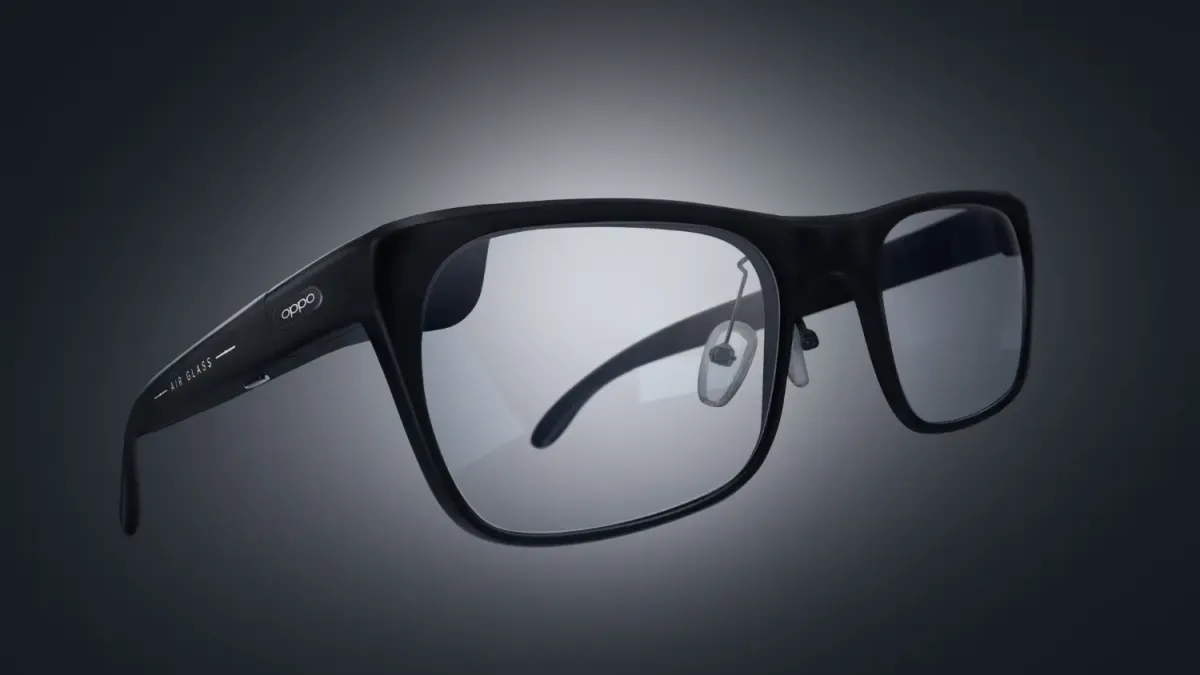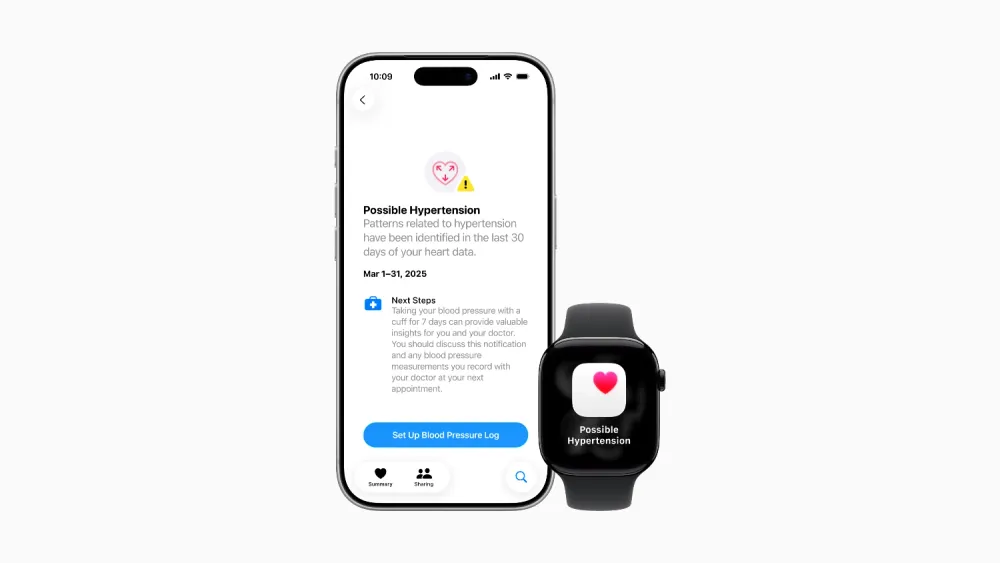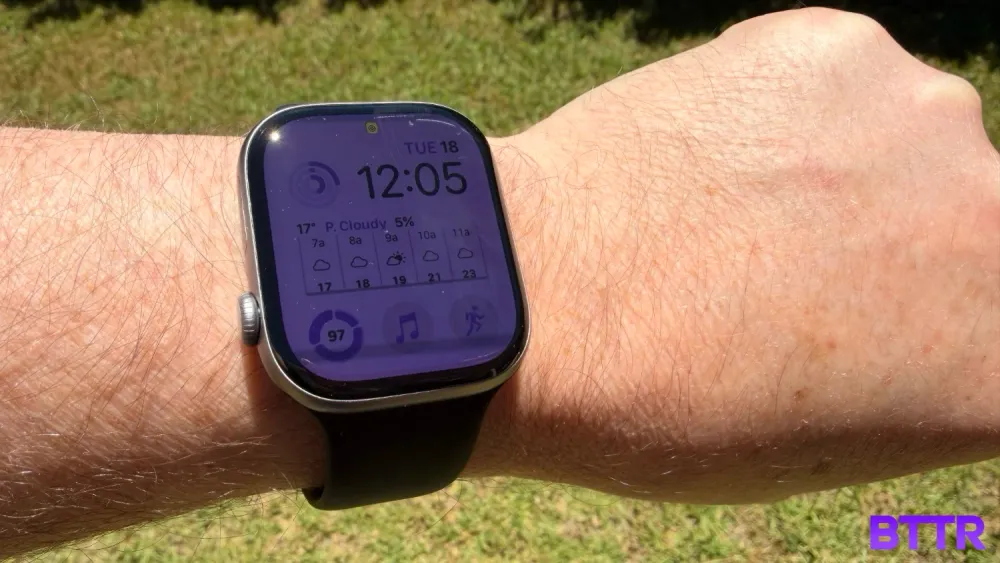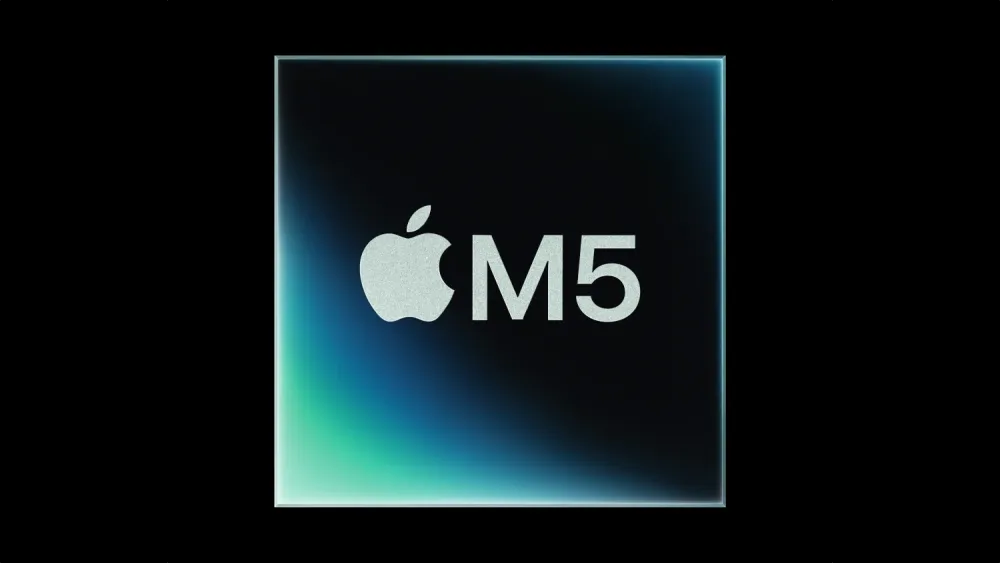On the 3rd of October, 2013, I got to try Google Glass.
I was very excited by this opportunity. In all, it lasted about 5 minutes, and I didn't get to do anything with them other than ask for some basic directions, but it was clear to me that there was something very sci-fi about an augmented reality display in a pair of glasses.
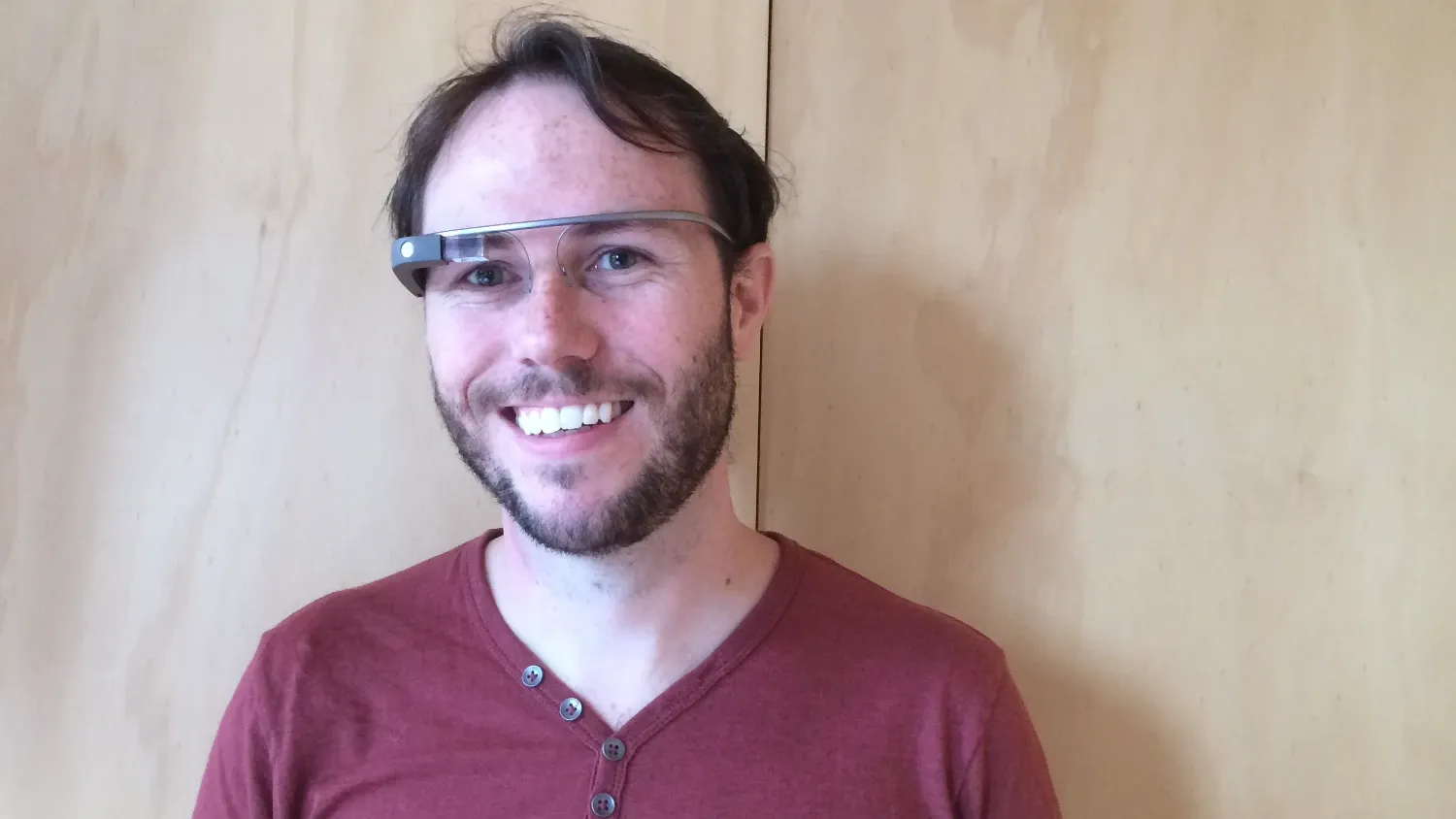
Obviously, Google Glass failed. But the dream of smart glasses lives on.
Unfortunately, the biggest pioneer in this space also happens to be one of the worst tech companies around: Meta.
At its Connect event today, Mark Zuckerberg unveiled the Meta Ray-Ban Display and Meta Neural Band, and while the inevitable privacy concerns have me wary, these glasses look incredibly cool. I feel bad that I want them.
Design matters
Meta learned from Google's missteps. By partnering with Ray-Ban, you know that the glasses you are going to pop on your face aren't going to look like a tech prototype.
Rather than have the integrated screen stand directly in your field of vision, the Ray-Ban Display features a small, off-to-the-side screen for quick glances at messages, translations, or navigation.
It's there when you need it, and gone when you don't. You'll see messages, but also previews of photos and videos taken with the glasses. You should also be able to make video calls on Whatsapp, though the demo of that failed at the Connect event.
Perhaps most importantly, Meta has solved the interface problem that plagued Google Glass. Meta's Neural Band is an EMG (Electromyography) wristband that translates subtle finger movements into commands, and lets you scroll, click, and control the glasses with barely perceptible hand movements.
It's cool tech, even with the live demo issues.
The Meta problem
But here's the issue: it's Meta. This is the company that brought us Cambridge Analytica; the same company that turned Instagram into an anxiety-inducing comparison engine. It built a metaverse nobody wanted.
Meta's idea of "connecting people" often seems to involve making them miserable, addicted to scrolling through a sea of slop.
In some ways, smart glasses represent the ultimate privacy nightmare. These devices have cameras constantly pointed at the world, microphones always listening, and AI systems processing everything you see and hear.
In the hands of a company with Meta's track record on privacy and user manipulation, I find the possibilities terrifying.
I know Meta's existing Ray Ban glasses are already out there, and already challenging people's privacy – these new glasses just have a screen on them.
But there's a reason I don't own a pair of Meta's Ray-Ban glasses, and it's not because they didn't have a screen. Meta's history of privacy "mistakes," and seeming disdain for its users leaves me extremely skeptical.

This is the future, ready or not
At US$799 including both glasses and Neural Band (there's no word on Australian availability yet), these glasses aren't an impulse purchase. But it's also cheap enough to appeal well beyond the Google Glass market.
I think at this point, given how polished these glasses look, the question isn't whether smart glasses will succeed... It's whether we're ready for the world they'll create.
Google Glass failed, in part, because it was ahead of its time. But Meta's glasses might succeed, not because the tech is better, but because we now live in a world where people are comfortable surrendering their privacy to gigantic tech corporations.
BTTR relies on support from readers like you to keep going. If you'd like to support our work, consider a one-time donation. Every little bit helps us to cover costs and stay independent. 100% of donations go directly to authors. Thanks for your support!
